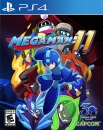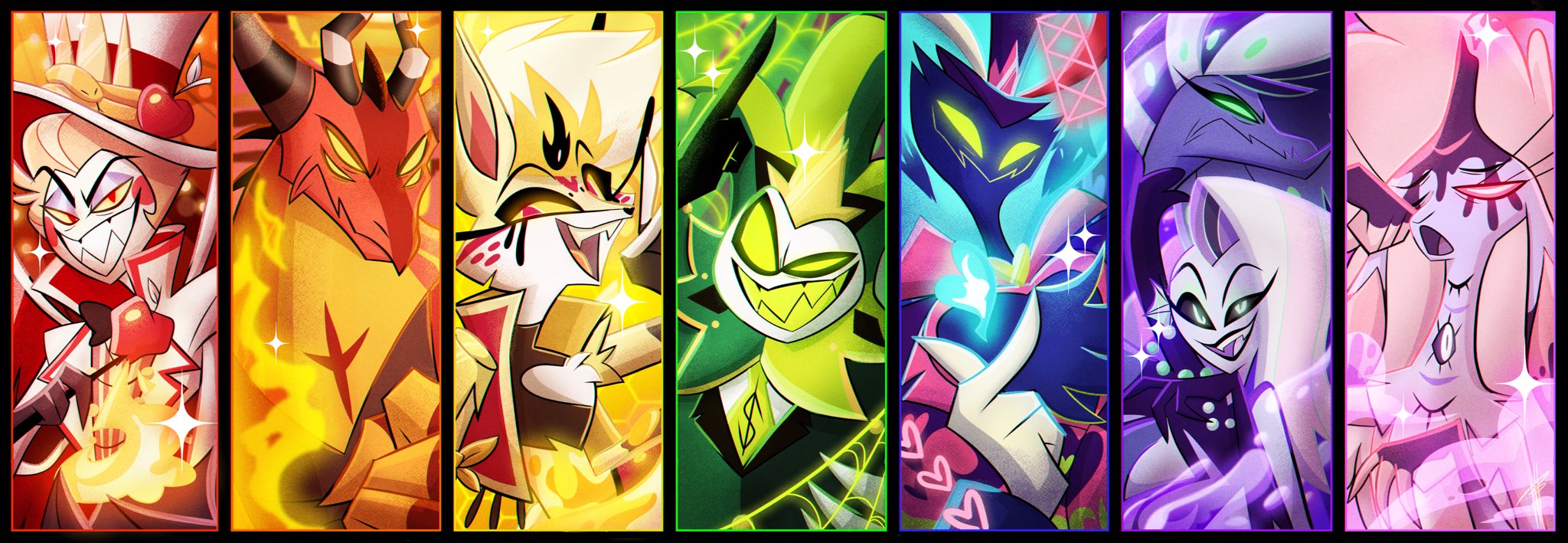Hey, at this point probably everyone has played the game of the year (and if not... what is wrong with you?), but I still think I want to talk about it. Because I think there is an aspect of the game, nobody talks about. And this it, that Baldur's Gate III at it's heart is a 90s game. Sure, it uses modern technology and fully taps into it. For instance the first two Baldur's Gate games used prerendered backgrounds and this limited the interactivity of the surroundings, as they couldn't change too much about it, everything that could change would've been an additional sprite layed over the background. But BG III uses a full 3D environment and can change things and therefore add more interactivity. The team at Larian could rely on the fact that the gaming industry has grown, more people playing which allowed them to support a bigger dev team than was possible in the 90s. They used Early Access, a way for publishing that wasn't available in the 90s. They used industry experience in crafting splitting dialogue trees and stuff like that. So sure, Baldur's Gate III is a modern game, no question about it. Yet it feels different. That lead to this infamous comment about raised standards, but I feel that is off the mark. BG III isn't raising standards, it is very much returning to standards which were common in the 90s.
So let's start with the easy one. No microtransactions, no battle pass, no loot boxes, nothing of these extra payed stuff. You pay for the game once and get the full experience. That was a thing in 90s, because the internet wasn't common adding stuff over the internet was nearly impossible back then. So there were technical reasons, but still, BG III does the same now.
Another thing is, that the devs were content to produce content that the player can miss. In many games you get big flashing neon signs to point to content the devs put a lot of effort into and don't want the player to miss it. But BG III is fine with you missing it. And on the first look it seems counterintuitive: would missing content not mean to experience less content although I payed for all of it? Well yes, but you win something else. You win that each playthrough is unique, you win that your playthrough is different than the ones of your friends. You miss the talks about: and how did you solve that, and did you find this? This very much enriches the experience. In other games you wouldn't talk much about it, because you know your friends experienced exactly the same as you, no reason to talk about it. This is not the case here. In the 90s this was more common, partly because of inexperience, game devs didn't had made out all the techniques to guide players, but also because game devs didn't care as much - and I think still don't do. I think it is a manager thing, they payed for implementing the stuff, so they want the players to see it.
Another fully 90s thing is - trusting your player to figure out how to play. I don't mean tutorials, although they are sparse in BG III. I mean... look at all these icons (I think this is from the early access, the UI has changed a bit, but it is not less complex):

Yes, many modern games would shy away to throw that many icons, options, menus and stuff at players. They would streamline a lot of it, cutting out a lot of the options thinking players would be confused or might make decisions that would hamper their playthrough. Basically modern games want to prevent gamers from making errors. This interface is not. This is allowing you to make a lot of errors, but also a lot of clever decisions, of funny decisions. The game trusts you to make these decisions and own their consequences. It will not patronize you. Again something that was more prevalent in the 90s.
Which leads us to the next point: the game is unafraid to be silly or stupid at times. It actually can lean into it. They made voice lines and animation for a squirrel picking a fight with you or smearing shit in your face. Depending on your decisions. In many modern games the character and their decisions are carefully crafted and they do exactly what the dev team wanted at all times. Can you expect Kratos to run away crying? Or Master Chief making a silly dance? Well, with mods maybe. In Baldur's Gate III you can do silly shit - vanilla (mods will surely come to crank the volume up to eleven). Consider this:
https://www.youtube.com/watch?v=QmZFxAqZKuU
Also the game puts a lot of effort into it, to make something out of every decision the player makes. That isn't per se a 90s thing, but still something very notable about the game:
https://www.youtube.com/watch?v=VtZsaGXFqPw
And there you have it, like 90s games no microtransactions, missable content, trusting the player with many options, unafraid to be silly. Baldur's Gate III is the modern 90s game. Let us all enjoy it toroughly.



















































 Art by Hunter B
Art by Hunter B







